How Industrial Water Treatment Works
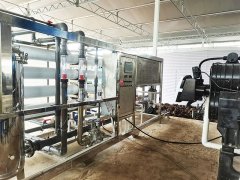
On the industrial scale, water treatment involves a series of procedures to ensure a seamless flow of treated water for use at an industrial facility. Industrial water treatment performs a critical role in protecting against risks and rising operating costs, as well as the sustainability of your business. Poorly managed water treatment can lead to corrosion of costly equipment, as well as result in a lackluster product and countless other (expensive!) issues. Understand more about how industrial water treatment works so to improve the industrial water treatment at your facility.
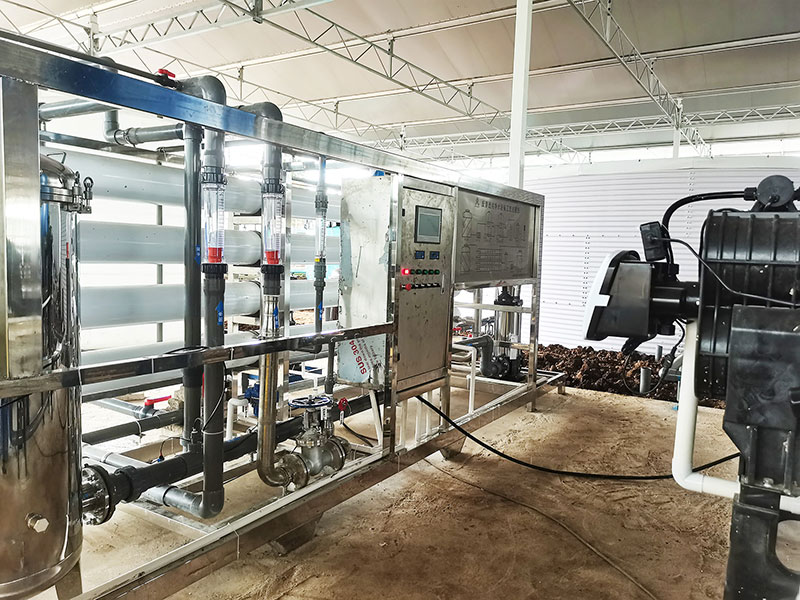
What’s the Point of Industrial Water Treatment?
Industrial water treatment is a process that is utilized prior to certain industrial processes or after certain industrial processes. For example, your company may have water that needs to be treated before going to a boiler or a cooling tower. Other uses of industrial water treatment are for the food and beverage industry for ingredient water or treating process water at an automotive plant to reuse or dispose of.
Description of Industrial Water Treatments
Managing water treatment on an industrial scale involves a series of processes. While not all water chemistries will require each process, it is important to be aware of your options. The goal is to minimize risk at each stage of any water-based industrial process. Common industrial water treatment methods are:
· -Filtration
· -Softening
· -Dealkalization
· -Reverse osmosis
· -Nanofiltration
· -Ion exchange
Filtration works to remove sediment, organic material, and turbidity. Softening removes hardness found in water. From here, dealkalization reduces alkalinity to minimize scale buildup downstream. While it may be sufficient for some applications, this process is often considered an antiquated solution due to the high operational costs and lack of universal effectiveness.
Two optional treatments that may provide you with the right degree of industrial water treatment include nanofiltration and reverse osmosis. Nanofiltration allows for the removal of bacteria and hardness, whereas reverse osmosis will go one step further and reject a significant percentage of the total dissolved solids.
Ion exchange is a chemical process where certain (unwanted) ions are exchanged for others, resulting in a new, more suitable water chemistry.
Choosing the Right Type of Industrial Water Treatment
These industrial water treatment methods are all valuable tools in treating water for industrial use. By understanding the overall concept of how industrial water treatment works, you can apply these processes to purify your water effectively. If you would like to get a free water assessment from one of our Water Experts, please get to us via our contact page.



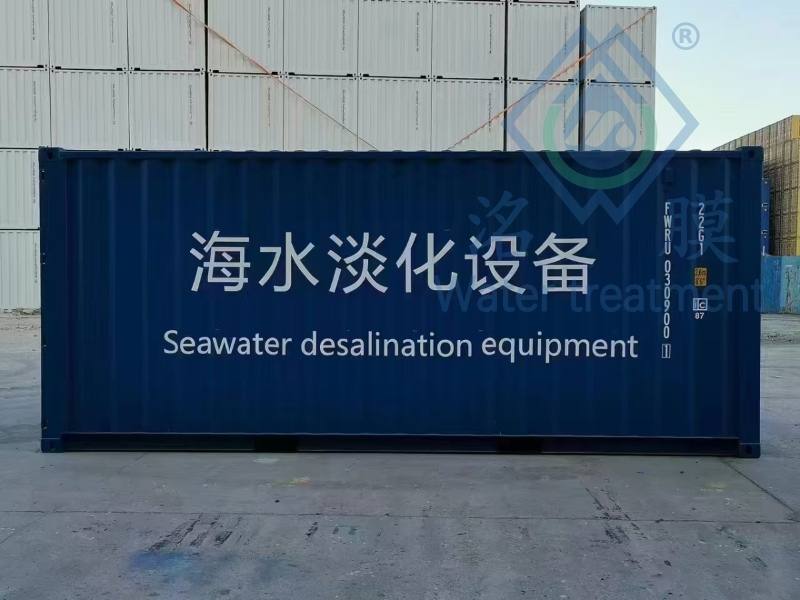 Containerized Seawater Desalination System
Containerized Seawater Desalination System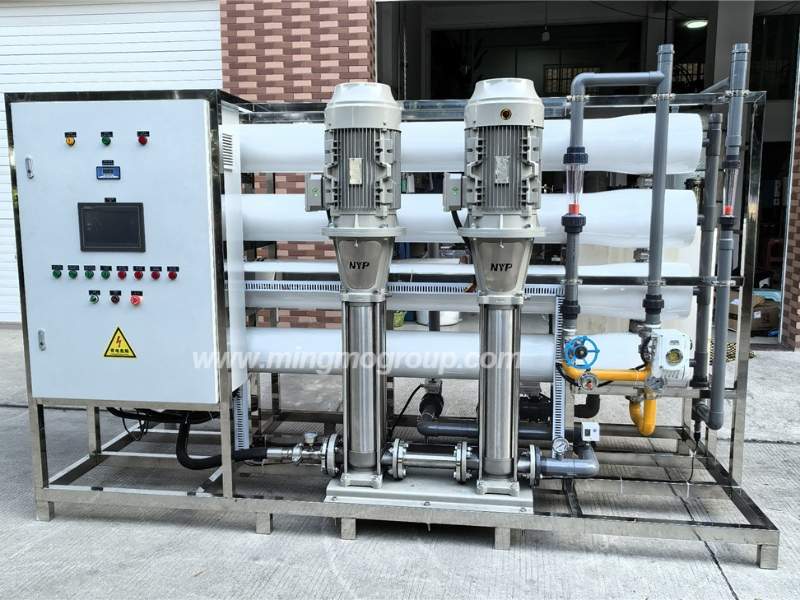 Seawater Desalination System
Seawater Desalination System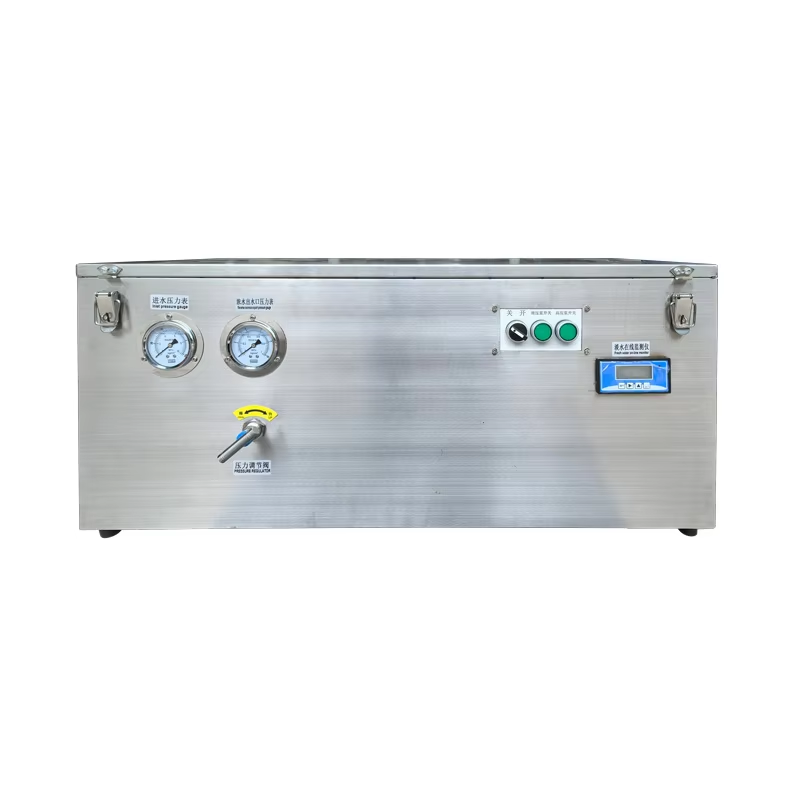 Small/Marine Watermaker Systems
Small/Marine Watermaker Systems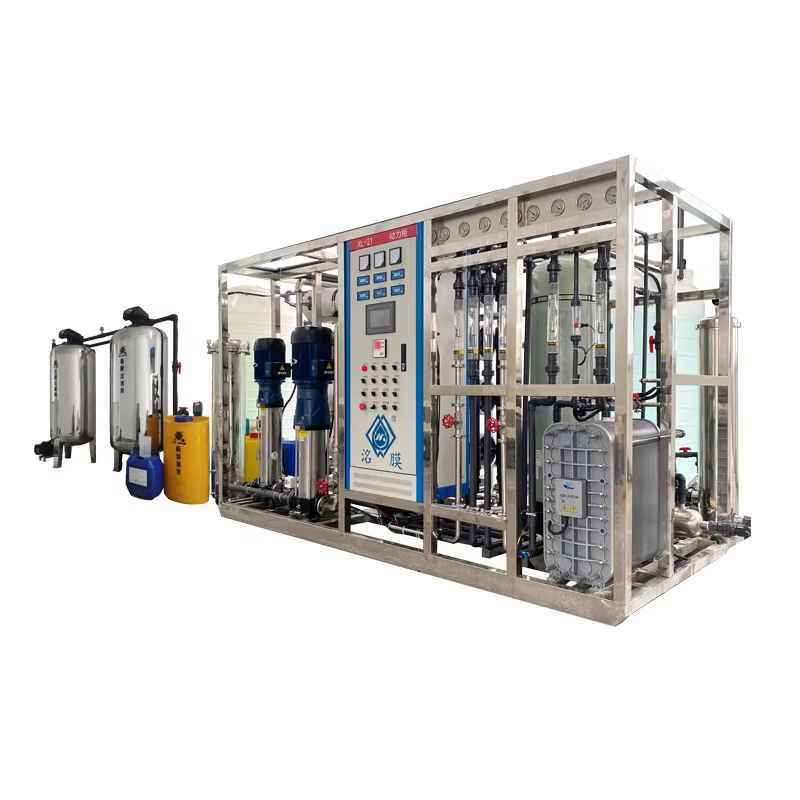 RO+EDI Ultrapure Water System
RO+EDI Ultrapure Water System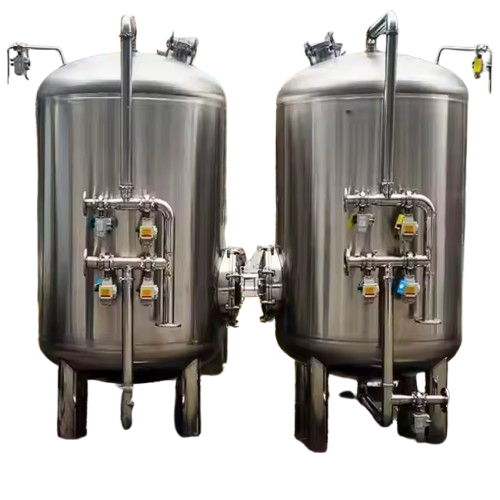 Media Filter
Media Filter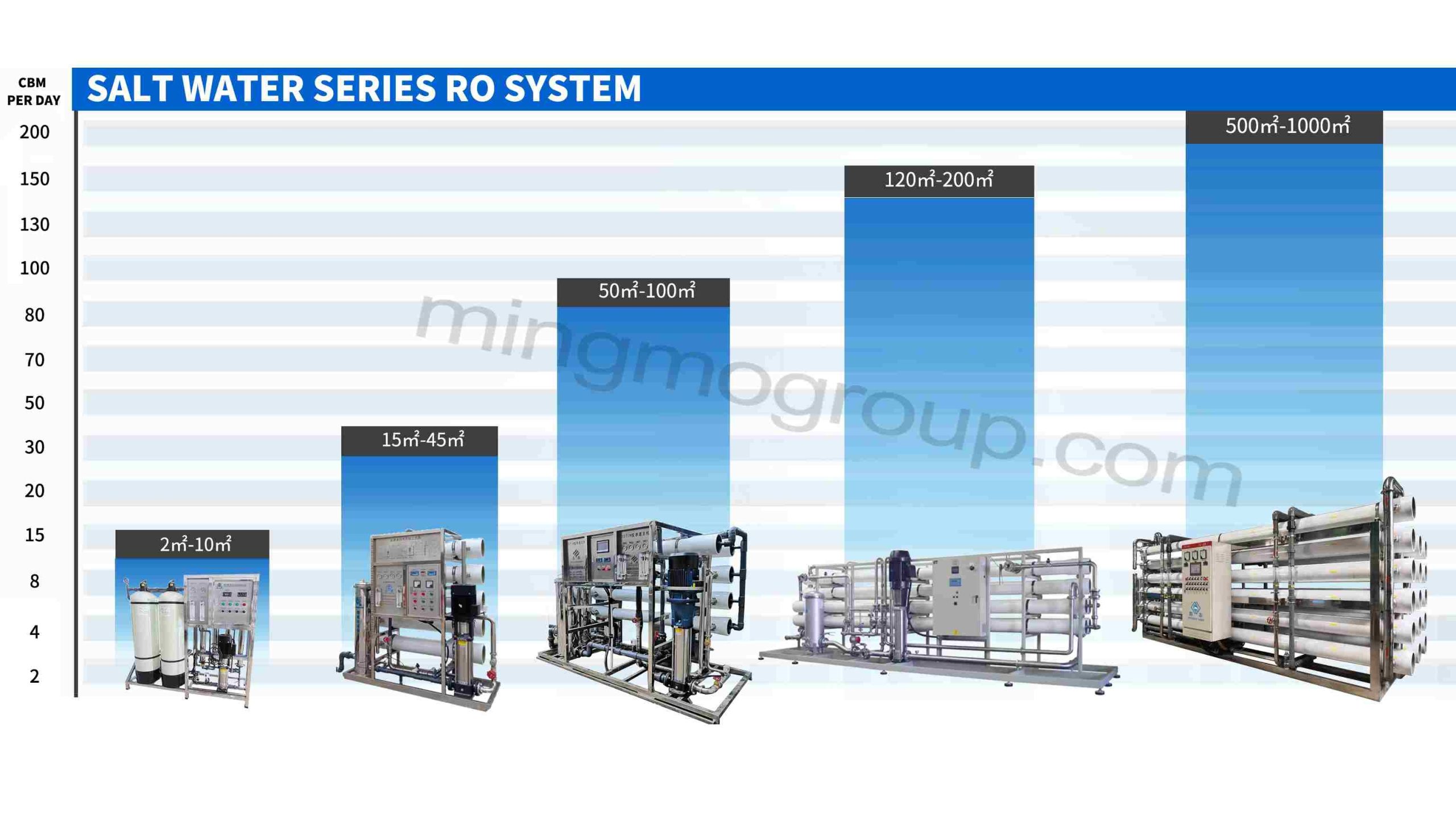 Brackish Water Reverse Osmosis Treatment System
Brackish Water Reverse Osmosis Treatment System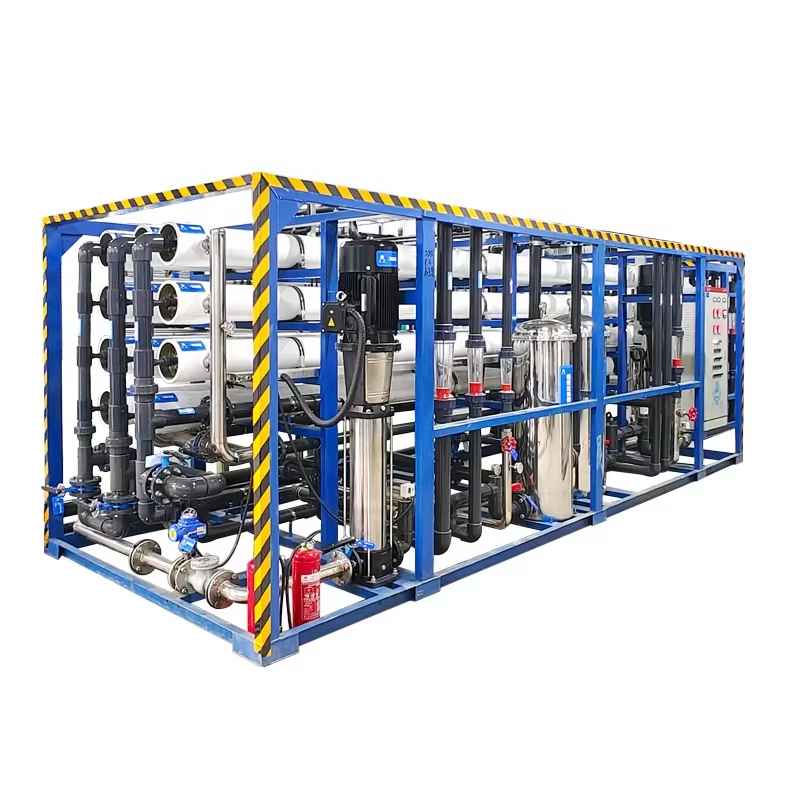 Large RO Desalination Machine
Large RO Desalination Machine Ultrafiltration System vs. Reverse Osmosis System: Which One Should You Choose?
Ultrafiltration System vs. Reverse Osmosis System: Which One Should You Choose?